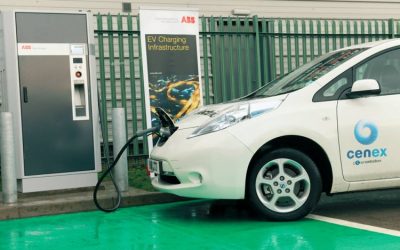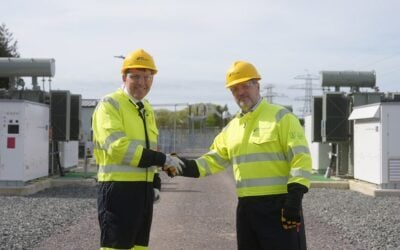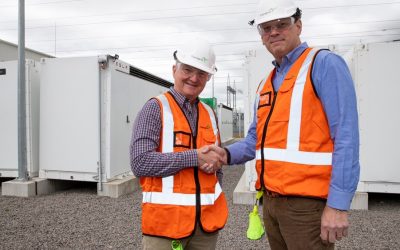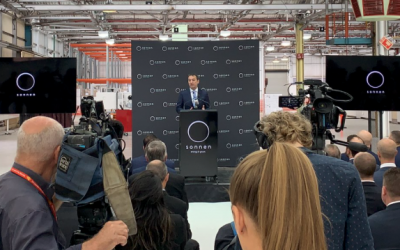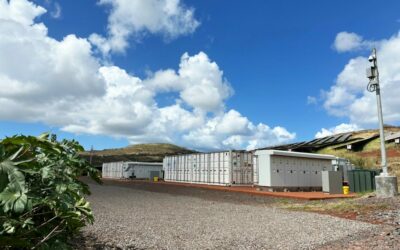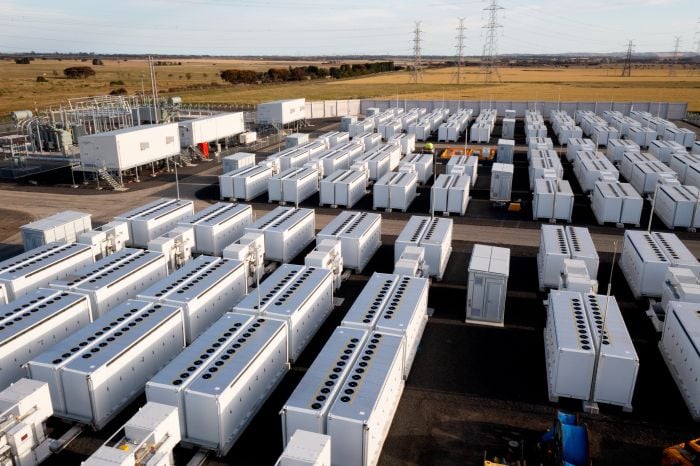
Neoen has proposed building a gigawatt-scale battery storage project in partnership with the community of Collie, Western Australia, a region with close and continuing ties to the coal industry.
France-headquartered developer, owner and operator of renewable energy and energy storage assets Neoen has already delivered Australia’s biggest battery energy storage system (BESS) to date, the 300MW/450MWh Victorian Big Battery in the state of Victoria.
Enjoy 12 months of exclusive analysis
- Regular insight and analysis of the industry’s biggest developments
- In-depth interviews with the industry’s leading figures
- Annual digital subscription to the PV Tech Power journal
- Discounts on Solar Media’s portfolio of events, in-person and virtual
Or continue reading this article for free
It also built the Hornsdale Power Reserve project in South Australia with Tesla, considered a landmark project for large-scale BESS around the world. In reporting its most recent financial results in August, Neoen said that it earned €39.3 million (US$39.3 million) in revenues from its energy storage segment in the first half of 2022, three times higher than in the same period last year.
This was driven by successful market participation of its projects in Australia, with the VBB accounting for the biggest portion of that.
In its application filed with planning authorities in the Shire of Collie, the company said its proposed development will be a 1GW/4GWh BESS facility, built in stages, starting with an initial 200MW/800MWh installation.
Whether it progresses to that total capacity depends on demand for the battery system’s services, with each stage adding 200MW/800MWh of new BESS equipment. It will be connected to the Western Power transmission network.
A power plant at Collie is one of the last two coal-fired power stations in Western Australia that is still owned by the state’s government. The plant is scheduled for closure in 2027, while the other, Muja, will go offline by the end of this decade.
The motivations for doing that are economic as well as environmental and societal. The state government in June said costs of keeping the plants open could add between AU$1,800 (US$1,214.50) to AU$3,000 a year to the average customer’s energy bill every year from AU$3 billion in anticipated losses for Synergy, the state-owned power producer which operates them.
State Premier Mark McGowan and Minister for Mines, Petroleum and Energy Bill Johnston said then that Western Australia would invest around AU$3.8 billion to facilitate an “orderly transition” to renewables and storage. Investments made would largely go towards upgrading and enhancing the South West Interconnected System (SWIS) grid network, the politicians said.
‘Just transition’ for historic coal region
A fund worth more than half a billion dollars is being committed to Collie’s transition, with the area home to coal mines as well as the power plants.
A source close to the company said that the site chosen by Neoen, about 4km away from Collie power plant and 13km away from the town, is an ideal location for battery storage in a region which has been significant for Australia’s energy sector for half a century.
The source noted that the project is in line with the Collie Just Transition Plan formulated and funded by the state government and will bring investment to the region, supporting local jobs and businesses.
If the project goes ahead, a programme to share community benefits will also run, in partnership with the Shire of Collie Council.
In April, another developer, ZEN Energy, started feasibility studies for another BESS project in the region, which it said was expected to be 200MW with between 600MWh and 800MWh of capacity. Funding for that study came from the WA government.
That project would supply renewable energy to commercial and industrial (C&I) entities, helping them reduce their exposure to wholesale markets. It would also be a key piece of a Collie Battery and Hydrogen Industrial Hub Project that the state government wants built.

